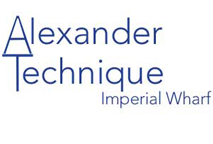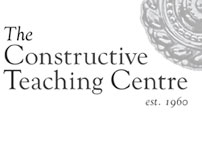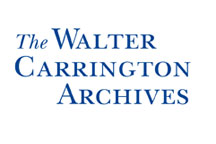Feedback for our Alexander Technique for Parkinson’s project
Some feedback from participants of our workshops “Living with Parkinson’s – Exploring Possibilities with the Alexander Technique”:
I discovered the importance of good posture for people with Parkinson’s.
Positive, gentle advice, superb empathy from all the AT qualified staff. Very helpful advice. Generosity of spirit in time given over to us on a Sunday.
Everyone was very kind and thoughtful. There were enough teachers to ensure everyone had hands on treatment and breaking up into 3 groups allowed individual attention.
It was really good to have a few things to take away and try at home without being overloaded with information.
I think inviting the partners gave a very good message from the start.
Relaxed, friendly, professional and clear and kind approach.
Make me aware of several ways to deal with my daughter who suffers Parkinson. Also I learnt to help myself to be a better posture, walking, relaxation.
The apparent individual approach to helping a pupil was so varied. Having had a teacher for two plus years, yesterday the approach of each was very independent and yet integrated. The skeleton was very effective in pointing out the geography of the bones that do the work.
Everyone was so nice and had time for you. They showed us an easier way to get me up from the chair.
Friendly, encouraging trainers,useful strategies good to hear/see share with othersIt was good to know how our head plays an important part to stabilise our Spine. It is important how we sit and walk, as we don’t realise it has impact on our spine.
I think Alexander Technique can help those with Parkinsons and is probably part of a range of non drug treatments including exercise of various sorts and general support – a holistic approach.
I came with low expectations having had brief contact with Alexander technique in the past but I found the afternoon absolutely brilliant. I was impressed by the sensitive approach, practical focus, and efforts to include everybody. Personally I benefited enormously and understood properly for the first time things I’d heard before but not taken in. Splitting us into three groups and having plenty of breaks providing opportunities for conversation, was an excellent way of using the time available.
One of our workshop participants takes private lessons with a teacher who wrote to us: “I just wanted to you know how impressed my pupil was with the workshop you presented. He was totally enthused by the positive environment, the encouragement given to everyone, the practical hands on application and that everyone was so nice! From feeling a bit down in the dumps in the last few weeks as his Parkinsons is effecting him more, he came to today’s lesson enthused once again that he is able to have a semblance of control. Please let your colleagues know how appreciated the session was.”
Some feedback from our first round of sponsored lessons in 2017:
I feel that my gait improves when I have my lesson. It also makes me more aware to stand straight.
It enabled me to relax and try and stop tremors which I succeeded a couple of times.
Better posture followed lessons – helped with pain.
Standing balanced helped with washing up.
It has potential for people suffering from Parkinson’s Disease.
Great thing to do. Would like to follow up.



